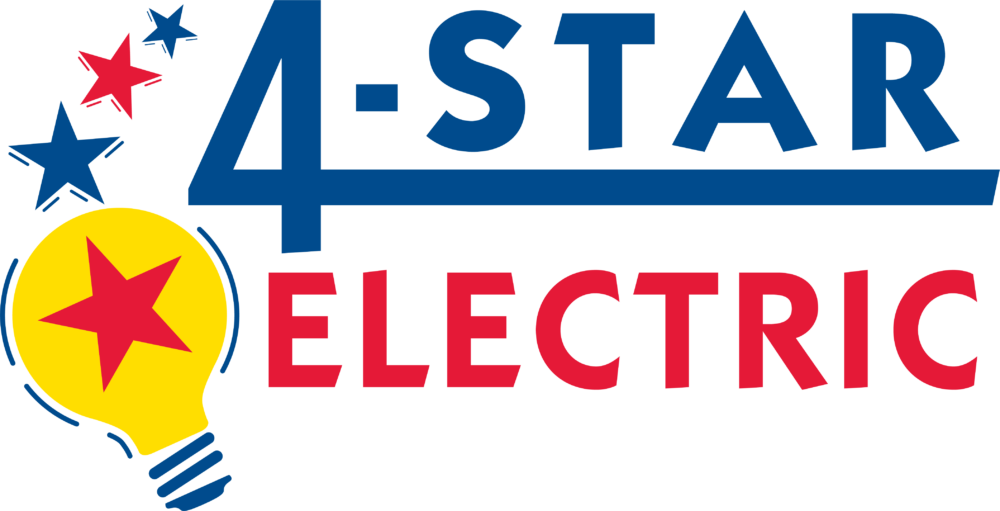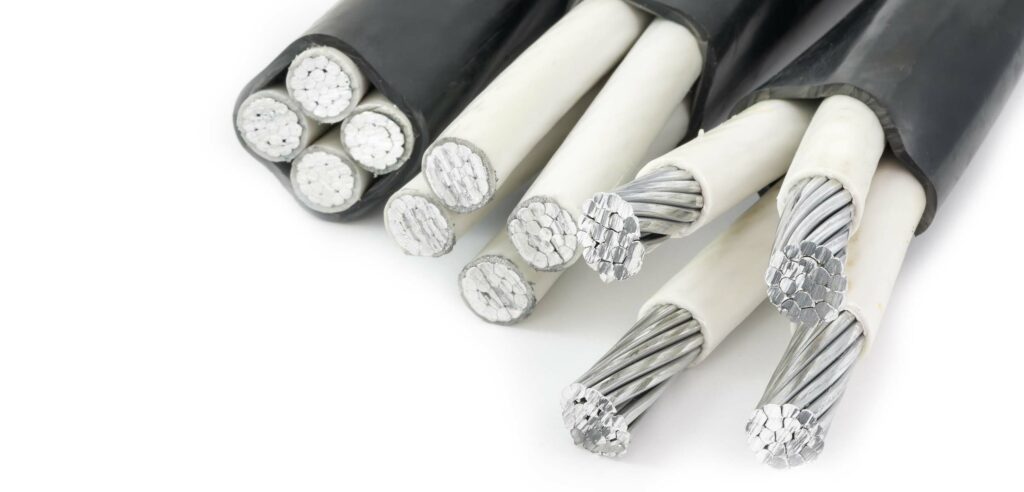Industry Knowledge, Residential Services
Whether you’re looking to buy or sell here’s how to get the most out of your home inspection. Plus learn about 4-Star’s comprehensive electrical inspections for ongoing safety!

If you’re putting your home up for sale, there’s a good chance that prospective buyers will add a home inspection clause to their agreement. This is to ensure that important elements of the home are in good repair and for the buyer to get a better picture of what they are signing up for.
In some cases, sellers focus too much on the aesthetics and staging of the house and end up failing the home inspection. That could result in a number of things, namely time and money to repair the issues. Here are some ways to get the most from your home inspection.

Sellers
Be Prepared
If you don’t remember the last time your home underwent an electrical inspection, you’ll want to have a licensed professional from 4-Star Electric check out your wiring well before you put your home up for sale.
This will help you get a better understanding of your home’s electrical system, as well as any issues that need to be addressed, so you can plan them into your budget in advance.
Pay Attention To Details
Take the time to change the lightbulbs, test your outlets, and make sure your electrical panel is properly labeled and free of dust. Though small, these tasks can go a long way to expediting the inspection process.
Make Way For The Inspection
If you’re showing your home in preparation to sell, chances are you have cleaning down to a science. Keep it up during the inspection as well. Make sure areas are clear around outlets, electrical panels and any wiring access points so your electrician can conduct his inspection efficiently and thoroughly.

Buyers
Know Your Inspector
Usually your realtor will suggest an inspector that they work with regularly, which is great! But if you’re particularly interested in the condition of your prospective home’s electrical system, it’s important to hire a specialist.
Trust the team at 4-Star Electric for all your residential and even commercial electrical inspection needs. Here’s what you can expect when you call us in.
Evaluation / Inspection
Your licensed electrician will conduct a thorough walk through of your home to visually inspect your electrical system, checking panels, outlets, switches and wiring for signs of damage or outdated equipment.
Your electrician will then perform a more thorough inspection including voltage levels, testing circuit breakers and verifying functionality.
They will then review your system against local electrical codes and safety standards, including checking for proper grounding, or for GFCI outlets.
Finally, they will identify potential safety hazards such as exposed wiring.
Once the inspection is complete your electrician will do a complete inspection to ensure quality workmanship. You can have total confidence in our team, we provide the highest quality repair services, and we’re proud to offer industry-leading repair and replacement guarantees, as well as 100% satisfaction guarantees.
Recommendation
Your electrician will then provide a detailed report outlining the condition of your electrical system, noting any code violations, safety concerns, risk of flooding or areas needing improvement.
They will then recommend upgrades or repairs to ensure code compliance and safety, before providing you with a detailed cost and timeline estimate so you can better prepare for any installation or repair service.
Attend The Inspection
Knowledge is power when it comes to your new property, so show up to your inspection and make sure your inspector takes pictures and thorough notes of their findings.
Come Armed With Questions
When you're viewing your new home, take note of anything that seems amiss or might cause a concern. Exposed wiring, outdated electrical panels and damaged outlets are something you should alert your inspector too.
Whether you’re selling your home or looking to buy a new one, home inspections and particularly electrical inspections should be a part of the process.4-Star Electric has trucks on the ground in Calgary and the surrounding areas, paired with our industry leading workmanship guarantees, our electricians are ready to provide high-quality electrical service at your next inspection. Call us today to schedule yours.

Frequently Asked Questions
When do I need an electrical inspection?
Regular electrical inspections are always recommended, especially in homes that are 50 years or older. Here are some other reasons to call an electrician for an inspection:
- Your lights are flickering, or you’re having other lighting issues.
- Outlets, switches, or your main panel are producing heat.
- Buying or selling a home (required).
- Modifying or adding to existing electrical systems (required).
- Renovating or remodelling your home (required).
- Burning smells in your house.
- A spike in your electrical bills.
What do electricians look for during an inspection?
Electricians are trained to observe and test every part of your home’s electrical system during an inspection. Inspections can be comprehensive and can examine some of the following electrical components:
- Circuit demand & capacity
- GFCI & AFCI protection
- Electrical boxes
- Main electrical panel
- Electrical wiring
- Circuit labelling
- Surge protection
How long does an electrical inspection take?
The time it takes a certified electrician to inspect and sign off on electrical work depends on the project size and workmanship quality. The size of your property and the scope of an inspection can be discussed during your initial call.
Our specialists at 4-Star Electric will tell you how to prepare for an electrical inspection to keep it as timely as possible.
What is a rough-in inspection?
When a home undergoes major renovations, like adding a new room, 2 electrical inspections are required. The first inspection takes place before drywall and finishings are placed. Electrical cables and boxes are exposed in the framing. This is called the rough-in inspection.
Once you get the go-ahead, construction can continue. A final electrical inspection will be necessary once the project is complete. This must be done before the area is used or lived in.
New home construction also requires 2 electrical inspections.



